Graduate Medical Sciences Celebrates 40 Years of MAMS at Boston University Chobanian & Avedisian School of Medicine
First conceived in the early 1980s over a faculty lunch table, BU’s MS in Medical Sciences has grown to be one of the country’s most successful Special Master’s Programs.

In the early 1980s, a group of faculty from the Boston University School of Medicine Department of Microbiology gathered around a lunch table to discuss a groundbreaking new program – one that would soon become the school’s Master of Arts in Medical Sciences, or “MAMS.”
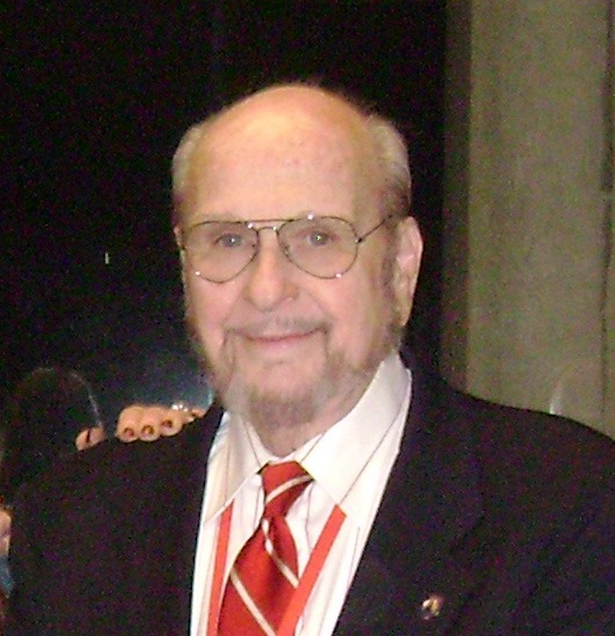
The idea, according to Glen Zamansky, PhD, was the brainchild of the late Selwyn Broitman, PhD, a professor of microbiology, pathology and laboratory medicine and later, an assistant dean of Graduate Medical Sciences.
Zamansky, who retired in 2020, is the former College of Arts & Sciences (CAS) assistant dean for premedical studies, director of the Seven-Year Liberal Arts/Medical Education (SMED) Program and associate professor of microbiology for the medical school.
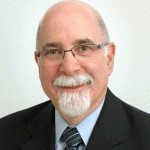
“Sel brought these big ideas of a real, second chance for students to prepare for, apply to and go to medical school,” said Zamansky. “[We] gave him a real run for his money, but Sel was determined, and it became a feasible program.”
The group envisioned the program with a two-fold purpose: to enable students to reach goals they hadn’t yet been able to reach and provide them the foundation to do so, and to create a program that would be beneficial for the growth of the medical school at BU.
With the support of GMS administration and leadership, the program officially launched in 1985.
Forty years later, MAMS is one of the oldest and most successful Special Master’s Programs (SMPs) in the country. Since its foundation, MAMS has helped over 4,000 students gain admission to medical schools across the United States.
MAMS’ Growth in Leaps and Bounds
MAMS, which began with an enrollment of just eight to 10 students, grew in “leaps and bounds,” according to Zamansky and Carl Franzblau, PhD, a professor of biochemistry & cell biology. MAMS was one of the first of its kind in the country, and many similar programs were modeled after BU’s.
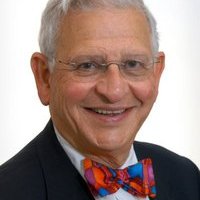
Franzblau, who served as Associate Provost and Dean of GMS from 1988 to 2009, saw the program expand significantly from its earliest years. By the early 2000’s, enrollment in the program had increased to an average class size of about 150 students, with some years admitting even more.
As the program grew, its curriculum took on new elements to bolster student success. MAMS, now a Master of Science degree, introduced an advising program for students and the requirement of a final thesis project. The curriculum also evolved to include small group discussions, giving students the same experiences they will encounter in medical school.
Students entering MAMS primarily graduated with the intention of pursuing an MD or DO medical degree, with some students pursuing additional education in PA and dental medicine programs.
MAMS was followed by the creation of new and focused programs for students at GMS, such as the Master of Science in Oral Health Sciences (OHS) and the Physician Assistant master’s program. The OHS program began as a track within MAMS for pre-dental students and eventually became it own degree.
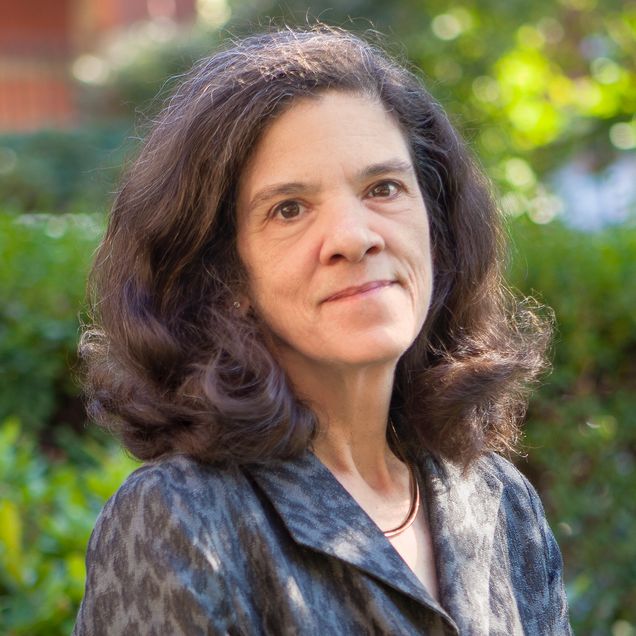
Since 2010, Associate Professor of Medicine Gwynneth Offner, PhD, has served as program director, during which time MAMS has continued to grow and adapt to the changing needs of 21st century medicine.
“Working with so many bright and talented students has been one of the highlights of my career at Boston University,” Offner said. “They continue to inspire me with their commitment to making a difference in the lives of their future patients, and I am immensely proud of all of their accomplishments.”
A Rigorous Curriculum Meeting Evolving Student Needs
MAMS is a rigorous degree that instills in its students the confidence that they can one day manage the course work of medical or other professional school, according to Karen Symes, PhD.
Symes is an assistant dean of student affairs for the medical school and serves as a core instructor and advisor to students enrolled in the MAMS program.
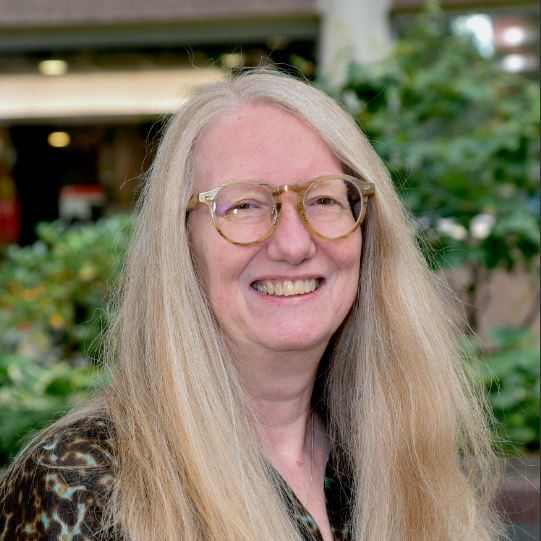
“The students get to see that they can do it,” Symes said. “The volume of information is massive and they’re not just memorizing, they have to apply the information. They develop a really good skill set and lots of discipline.”
Current students are required to complete a minimum of 32 graduate credit hours consisting of at least 24 course credits and up to eight credits of research towards a thesis. All students complete the foundational coursework in the first two semesters, with many using the optional second year to gain research and clinical experience.
The program has evolved to further align with the medical school, incorporating different pedagogies and more opportunities for problem-based and team-based learning.
The curriculum now includes MCAT preparation, courses in topics such as pharmacology and immunology and increased exposure to public health, advocacy and social justice. Students also have more opportunities to gain valuable clinical experience as well as opportunities to work as medical scribes within several departments at Boston Medical Center.
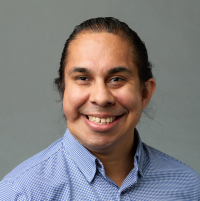
“I chose the MAMS program because of its rigorous science curriculum, its research thesis in the second year and its extensive track record of good outcomes for its graduates from medical school acceptance to career growth in industry,” said Javi Sanchez, MS, a 2021 graduate of the MAMS program.
Sanchez is currently a second-year MD student at Yale School of Medicine. He credits the MAMS program with instilling in him a “growth mindset” and the ability to “learn for a career and not an exam,” both lessons that he has continued to take to heart during his medical school career.
“When our students go on to the next step, they have a really strong basic science foundation,” Symes said. “It enables them to fully engage in classes as it gives them time to think about and apply the material effectively.”
Supporting Students Now and into The Future
Support and mentorship are central to MAMS. The program boasts a successful advising system that pairs faculty members with small groups of students for support, particularly in the first year of the curriculum and as they apply to medical school.
Maryann MacNeil, MA, a clinical associate professor of anatomy & neurobiology and BU alumna, served as a MAMS advisor for close to a decade, supporting between 11 to 14 students per academic year.
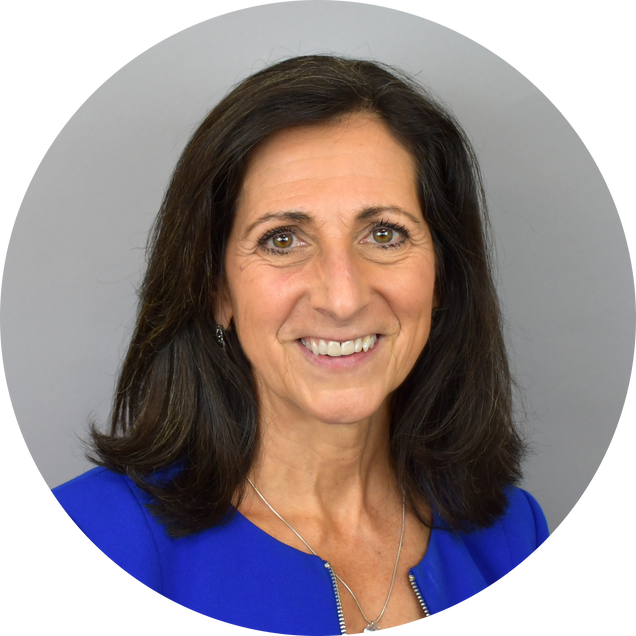
“I knew my advisees inside and out,” MacNeil said. “It was a nice relationship. One of the strengths of the program is the support that students feel, in advising and overall, from faculty.”
Throughout her time at BU and as MAMS advisor, MacNeil has gained a tremendous respect for students in the program, the majority of whom have entered the program to be better prepared for the challenges of medical school.
“What it always showed me that that these students were resilient, hardworking and goal-oriented,” MacNeil said.
As MAMS continues to welcome new cohorts of students, the support offered by faculty and staff and the long-lasting camaraderie built between classmates will always remain a core part of the program.
Lee Jamison, MD, a 2008 graduate of the MAMS program, noted that while the program was “academically the hardest challenge that [he] had ever faced,” it put him in a significantly stronger position to apply to medical school and build a successful career in medicine.
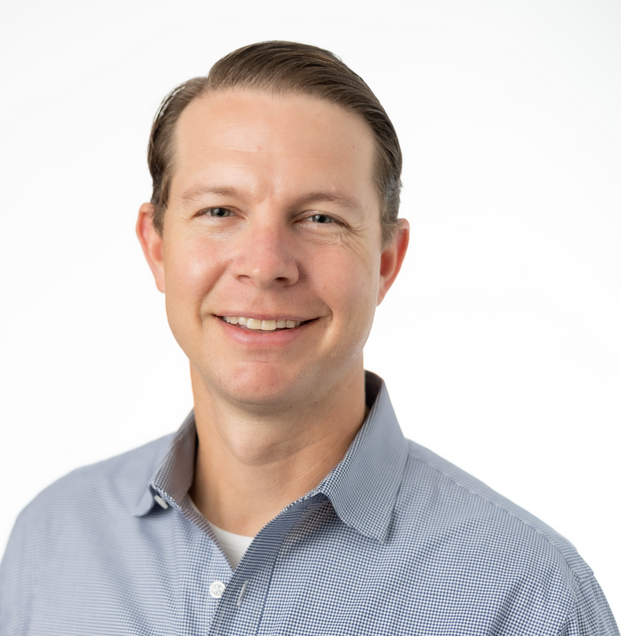
Jamison, who enrolled in MAMS as a non-traditional student, is currently a hematologist-oncologist at Rex Hematology Oncology Associates in Raleigh, North Carolina.
“Everything I have been able to accomplish in my life professionally from medical school to residency, to a successful career in the United States Army, to my current position as a community oncologist, was built upon the foundation that started with the MAMS program,” Jamison said. “I cannot thank the individuals who were responsible for encouraging me and mentoring me along the way enough.”